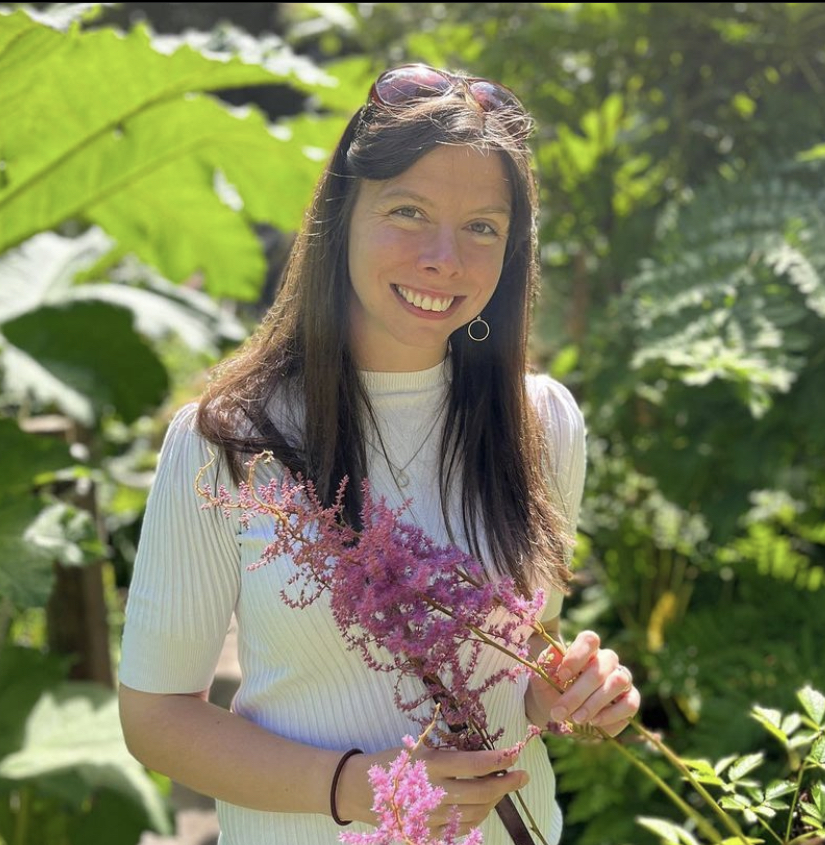PS Seminar: A hard day's night; determining a role for stomatal conductance in nocturnal heat tolerance
Nocturnal stomatal conductance (gsn) represents a significant, enigmatic source of water-loss, with implications for whole plant metabolism, thermal regulation and water-use efficiency.
Speakers
Event series
Content navigation
Description

Abstract: Nocturnal stomatal conductance (gsn) represents a significant, enigmatic source of water-loss, with implications for whole plant metabolism, thermal regulation and water-use efficiency. With night-time temperatures rising at a rate 1.4x that of daytime temperatures, it is vital to identify and understand variation in the magnitude and responses of gsn in major crops such as wheat. Using a custom temperature free-air controlled enhancement (T-FACE) setup in North-Western Mexico, the nocturnal field responses of twelve T. aestivum genotypes were investigated in response to artificial nighttime warming.
The magnitude of gsn was genotype-and growth-stage-specific, accounting for up to 19% of daytime rates of water loss. Finally, we explore the variation in gsn and its potential links with foliar uptake, cuticular conductance and establishment under nocturnal heat.
Biography: Dr Lorna McAusland is a plant physiologist (pronouns she/her), specialising in the dynamic responses of photosynthesis and water regulation to heat stress. Currently hosted by Professor Erik Murchie’s lab at the University of Nottingham (UK), Lorna was recently awarded a BBSRC-Discovery Fellowship; working on development of high-throughput systems to assess non-foliar photosynthesis under heat.
Location
Eucalyptus Seminar Room, Level 2, RN Robertson Building (46)





